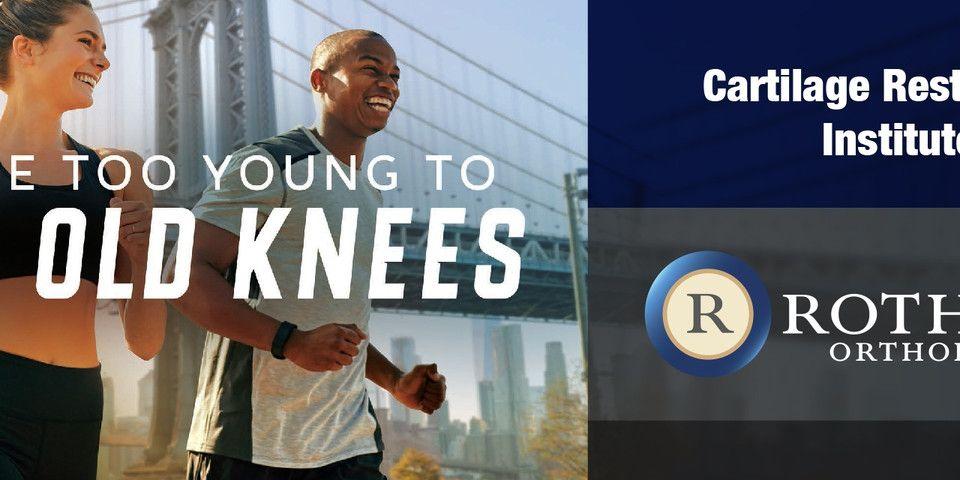Learn How Spine Specialists Treat Cervical Radiculopathy in NYC
So, you have cervical radiculopathy, otherwise known as a pinched nerve in your neck. Now what do you do?
In some cases, your body will take care of itself, and the pinched nerve pain will go away on its own. This situation is actually common, as cervical radiculopathy cases do not always require treatment. Sometimes, though, this condition sticks around. If you live in the city or nearby, and find yourself in prolonged discomfort, seek cervical radiculopathy treatment in NYC.
At Rothman Orthopaedic Institute, our spine specialists help patients deal with frustrating spine conditions on a regular basis. These types of orthopaedic injuries can be debilitating because the health of your spine controls your movements. One small issue can make it difficult to walk or, in the case of cervical radiculopathy, move your neck without pain. Learn more about how our doctors care for patients with pinched nerves.
What Spine Specialists Look For
To understand your treatment options, it helps to know specifically how doctors evaluate the cervical spine for this condition and why. Regardless of the type of case, every spine specialist conducts a physical examination and goes over the medical history of the patient at the initial visit. The doctor may check for and ask if the patient has any symptoms of a pinched nerve in the cervical spine region. These symptoms may impact the arms, shoulders, or neck of a patient and include:
-
Radiating pain
-
Numbness or loss of feeling
-
Weakness of the muscles
-
Tingling sensation
The doctor will order different imaging tests to confirm a diagnosis of cervical radiculopathy. For example, electromyography (EMG) can record the electrical impulses of the muscles both at rest and when they contract. Spine doctors may order nerve conduction studies with EMG to evaluate how well the nerves are functioning. Other possible imaging tests include x-rays, CT scans, and MRI scans.
NYC Treatment for Cervical Radiculopathy
How your doctor treats your pinched nerve depends on a number of factors. If the nerve compression is caused by a herniated disc or general spinal degeneration, the doctor may prefer to address that first in order to relieve the nerve roots. Otherwise, below are some common recommendations for managing cervical radiculopathy.
-
Rest: It is best to limit all strenuous activity that may impact your neck, such as heavy lifting. During rest periods, your doctor may recommend using a soft cervical collar. This device wraps around and supports your neck by further limiting motion. Rest can relieve the pinching of the nerve roots. However, too much rest can decrease muscle strength.
-
Physical Therapy: Your doctor or physical therapist will suggest exercises that increase strength and improve the range of motion in your neck. These exercises should be implemented between rest periods and may also accompany ice and heat therapy. Physical therapy can both alleviate the pain associated with cervical radiculopathy as well as help your neck become more resilient.
-
Medications: Pain-relieving and anti-inflammatory medications can decrease pinched nerve symptoms. Likewise, a spine doctor may want to inject steroids into the affected nerve to further reduce inflammation and allow the nerve to recover better. Ask your doctor before taking any medications for this condition.
-
Surgery: If all else fails, your doctor will suggest a surgical method of treatment. The specific surgical technique used depends on the location of the injury. The three most common techniques are anterior cervical discectomy and fusion, artificial disk replacement, and posterior cervical laminoforaminotomy. Typically, the goal of surgical pinched nerve treatment is to decompress the compressed nerves, maintain stability and alignment, and reduce pain.
The only way to know what kind of pinched nerve treatment you need is to schedule an appointment with a professional, well-versed spine specialist. To learn more about cervical radiculopathy treatment in NYC, please visit us here or contact us at 1-800-321-9999.
Related Specialties
Related Conditions
Related Services
Related Programs
-

Cartilage Restoration Institute
This is a center where patients can go to have their disabled joint biological resurfaced, realigned, and stabilized without having the joint replaced by artificial materials such as metal and plastic. It is well known that the outcomes of patients under the age of 50 undergoing artificial joint replacement are not as good as we would like. Therefore we feel the future of Orthopaedics is to try to restore a joint back to its original anatomy by realignment, ligament reconstruction, and cartilage restoration.Read More





